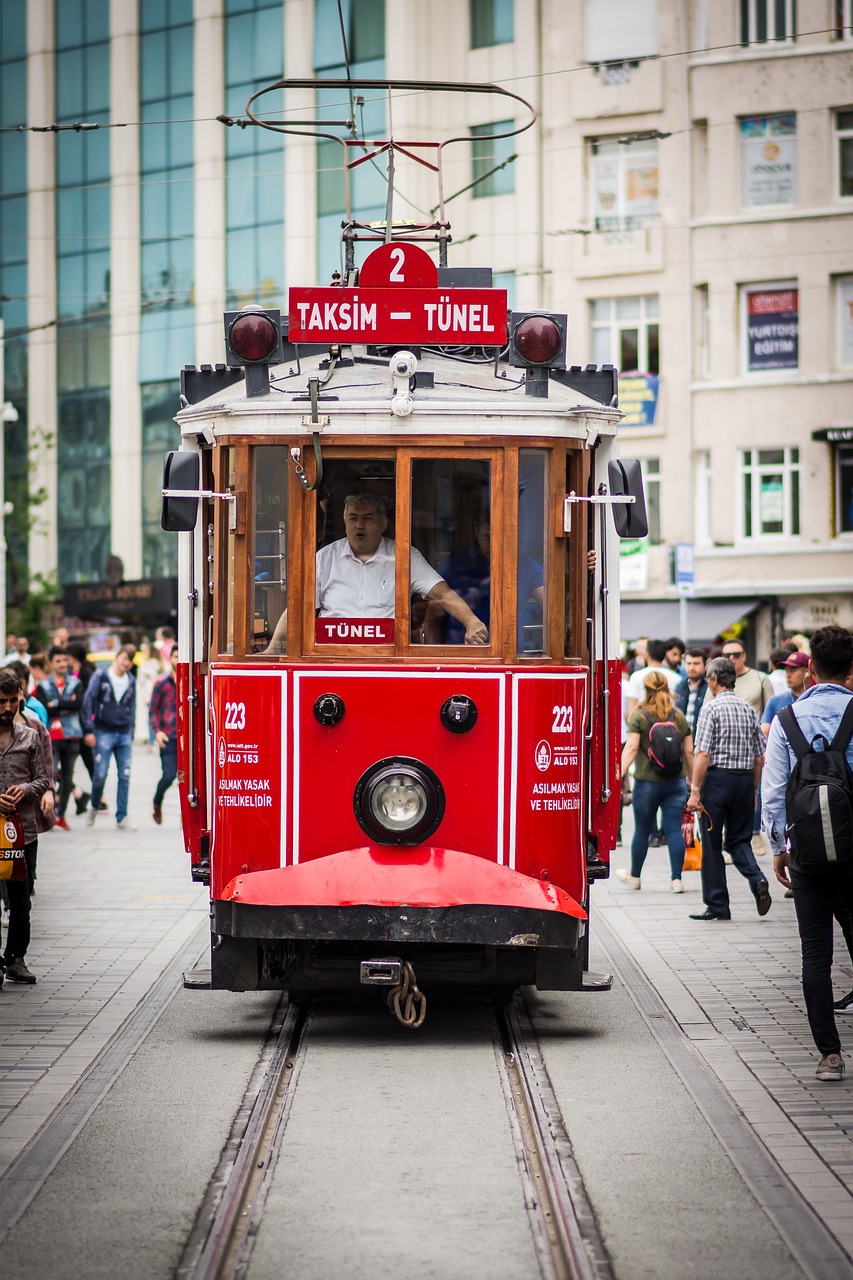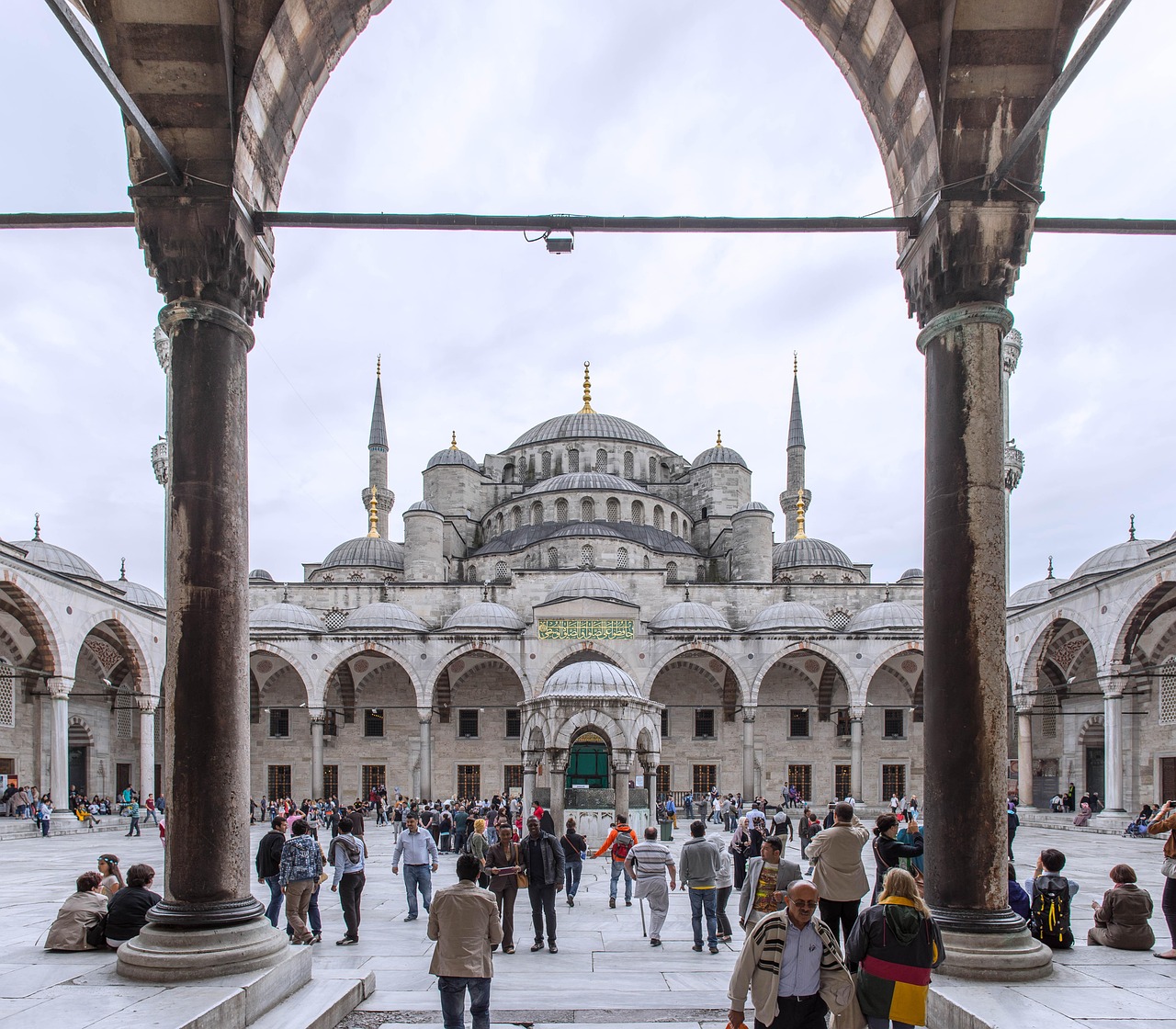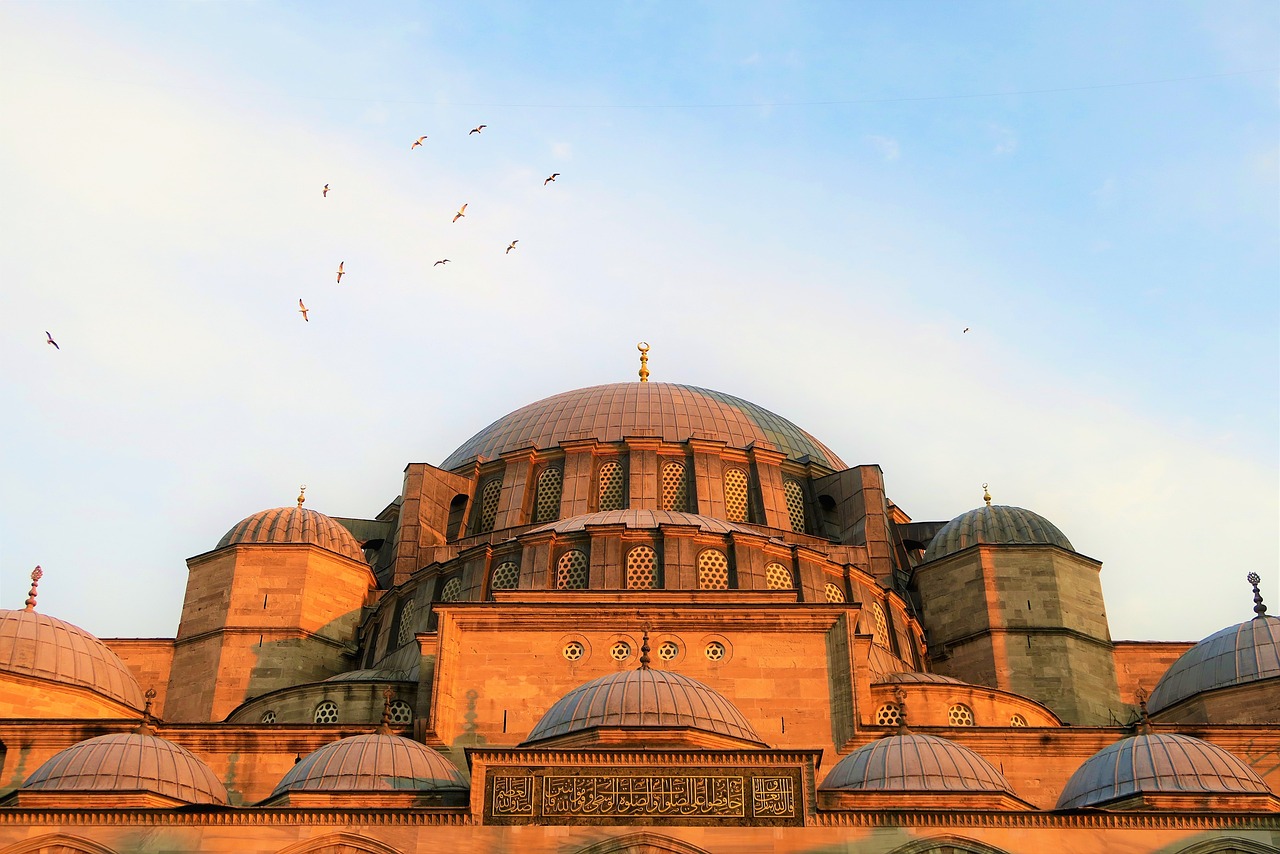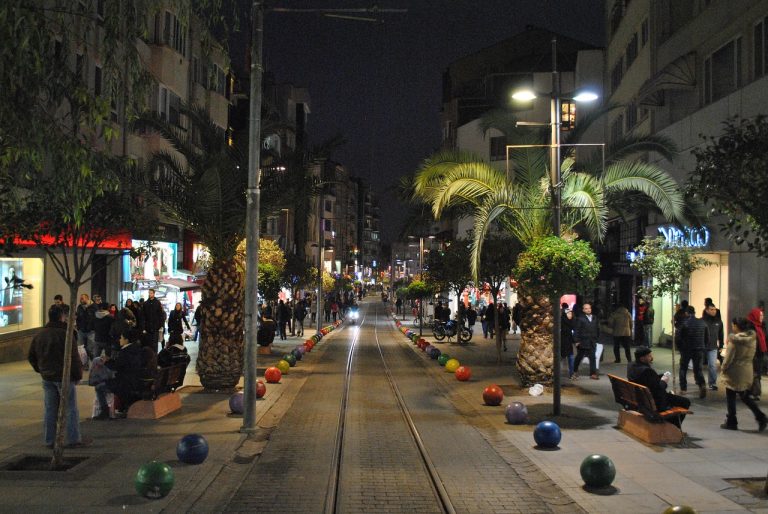Istanbul Turkey Video
Eco-tourism in Istanbul Turkey: Sustainable and Green Travel Options
Istanbul, the vibrant and historic city that straddles Europe and Asia, offers a unique blend of cultural heritage and natural beauty. For travelers who are passionate about sustainable and green travel, Istanbul provides numerous eco-tourism options that allow visitors to explore the city while minimizing their impact on the environment. From eco-friendly accommodations to sustainable transportation and nature preservation initiatives, Istanbul offers a range of opportunities for environmentally conscious travelers. In this article, we will explore some of the sustainable and green travel options available in Istanbul, Turkey.
1. Eco-friendly Accommodations:
- Sunrise Inn: Located in the heart of Istanbul, Sunrise Inn is a certified eco-friendly hotel that focuses on sustainability and reducing its carbon footprint. The hotel incorporates energy-efficient practices, uses renewable energy sources, and promotes recycling and waste reduction.
- Green Hostel: Green Hostel is a budget-friendly accommodation option that prioritizes sustainable practices. The hostel uses eco-friendly materials, implements water and energy conservation measures, and encourages guests to participate in recycling programs.
- Eco-Apartments: Istanbul also offers eco-apartments that are designed with sustainability in mind. These apartments utilize energy-efficient appliances, promote water conservation, and encourage guests to adopt eco-friendly practices during their stay.
2. Sustainable Transportation:
- Eco-Taxis: Istanbul has introduced eco-taxis that run on hybrid or electric engines, reducing carbon emissions and air pollution. These taxis provide a sustainable transportation option for travelers who want to explore the city.
- Rideshare Services: Rideshare services like Uber and Lyft are also available in Istanbul, offering a convenient and environmentally friendly way to get around the city. These services often have options for electric or hybrid vehicles.
- Public Transportation: Istanbul has an extensive public transportation system, including buses, trams, and ferries. Travelers can use these eco-friendly modes of transport to explore the city and minimize their carbon footprint.
3. Nature Preservation Initiatives:
- Belgrad Forest: Belgrad Forest, located on the outskirts of Istanbul, is a protected area that offers opportunities for hiking, cycling, and wildlife observation. The forest is home to diverse flora and fauna and serves as a vital green lung for the city.
- Princes’ Islands: The Princes’ Islands, a group of nine islands in the Sea of Marmara, are car-free and known for their pristine natural beauty. Visitors can explore the islands by walking, biking, or taking horse-drawn carriages, minimizing the environmental impact.
- Yildiz Park: Yildiz Park, located in the heart of Istanbul, is a peaceful green space that offers a respite from the bustling city. The park features beautiful gardens, walking paths, and stunning views of the Bosphorus.
4. Sustainable Dining:
- Organic Restaurants: Istanbul is home to a growing number of organic restaurants that prioritize locally sourced, seasonal ingredients. These restaurants promote sustainable farming practices and offer a wide range of vegetarian and vegan options.
- Farm-to-Table Experiences: Travelers can also engage in farm-to-table experiences in Istanbul, where they can visit local farms, learn about organic farming practices, and enjoy fresh, sustainably grown produce.
- Zero-Waste Cafes: Istanbul has embraced the zero-waste movement, with several cafes focusing on minimizing waste through composting, recycling, and using eco-friendly packaging.
5. Cultural Heritage Conservation:
- Istanbul Archaeological Museums: The Istanbul Archaeological Museums showcase the rich history and cultural heritage of Istanbul. These museums are dedicated to preserving and conserving archaeological artifacts, providing visitors with a deeper understanding of the city’s past.
- Hagia Sophia: Hagia Sophia, a UNESCO World Heritage Site, is an architectural marvel that represents Istanbul’s multicultural history. Efforts are made to preserve and restore this iconic landmark, ensuring its longevity for future generations.
- Topkapi Palace: Topkapi Palace, another UNESCO World Heritage Site, is a significant historical and cultural landmark in Istanbul. Conservation measures are in place to protect the palace’s unique architecture and artifacts.
6. Sustainable Shopping:
- Grand Bazaar: The Grand Bazaar, one of the oldest and largest covered markets in the world, offers a wide range of traditional Turkish handicrafts and locally made products. Supporting local artisans and purchasing sustainable souvenirs promotes sustainable tourism.
- Markets and Bazaars: Istanbul is dotted with local markets and bazaars where visitors can find fresh produce, organic products, and handmade goods. These markets support local farmers and artisans, contributing to the local economy and sustainable practices.
- Sustainable Fashion: Istanbul has a growing sustainable fashion scene, with designers focusing on ethical and eco-friendly practices. Visitors can explore boutiques and stores that offer sustainable clothing made from organic materials or recycled fabrics.
7. Environmental Education:
- Istanbul Aquarium: Istanbul Aquarium is not only an entertaining attraction but also a center for environmental education. The aquarium promotes awareness about marine conservation and sustainable practices.
- Rahmi M. Koç Museum: Rahmi M. Koç Museum showcases the history of industrialization in Turkey while highlighting the importance of sustainable development and environmental responsibility.
- Children’s Museums: Istanbul has several children’s museums that focus on environmental education and sustainability. These museums offer interactive exhibits and workshops to engage young visitors in eco-friendly practices.
8. Green Initiatives:
- Istanbul Carbon Summit: Istanbul hosts the Istanbul Carbon Summit, an annual event that brings together experts, policymakers, and businesses to discuss climate change and sustainable solutions.
- Istanbul Environmental Awards: The Istanbul Environmental Awards recognize individuals and organizations that have made significant contributions to environmental conservation and sustainability in the city.
- Green Spaces: Istanbul is committed to creating and preserving green spaces within the city. Parks, gardens, and urban forests are developed to enhance the quality of life for residents and visitors alike.
9. Water Conservation:
- Bosphorus Strait: The Bosphorus Strait, a natural waterway that separates Europe and Asia, is a vital resource for Istanbul. Efforts are made to protect the water quality and biodiversity of the strait through conservation initiatives.
- Water Management: Istanbul implements water management strategies to ensure sustainable use of water resources. These strategies include water recycling, rainwater harvesting, and public awareness campaigns to promote water conservation.
- Waterfront Development: Istanbul’s waterfront areas are developed with sustainable practices in mind, focusing on preserving the natural beauty of the coastline and promoting responsible tourism.
10. Waste Management:
- Recycling Programs: Istanbul has implemented recycling programs to reduce waste and promote a circular economy. Visitors are encouraged to participate in recycling efforts by using designated recycling bins and reducing single-use plastic.
- Composting Initiatives: Composting initiatives are gaining popularity in Istanbul, with community composting centers and educational programs encouraging residents and visitors to compost organic waste.
- Plastic-Free Campaigns: Several organizations in Istanbul are actively promoting plastic-free initiatives, raising awareness about the harmful effects of plastic pollution and encouraging the use of eco-friendly alternatives.
By embracing eco-tourism and sustainable travel options, Istanbul aims to preserve its natural and cultural heritage while providing memorable experiences for visitors. Whether it’s staying at an eco-friendly hotel, exploring the city using sustainable transportation, or supporting local sustainable initiatives, travelers can make a positive impact on the environment while enjoying all that Istanbul has to offer.
References:
- petitpalace.co.uk
- istanbulcarbonsummit.com
- istanbulcarbonawards.com
Istanbul Turkey Image 1:

Istanbul Turkey Image 2:

Istanbul Turkey Image 3:








